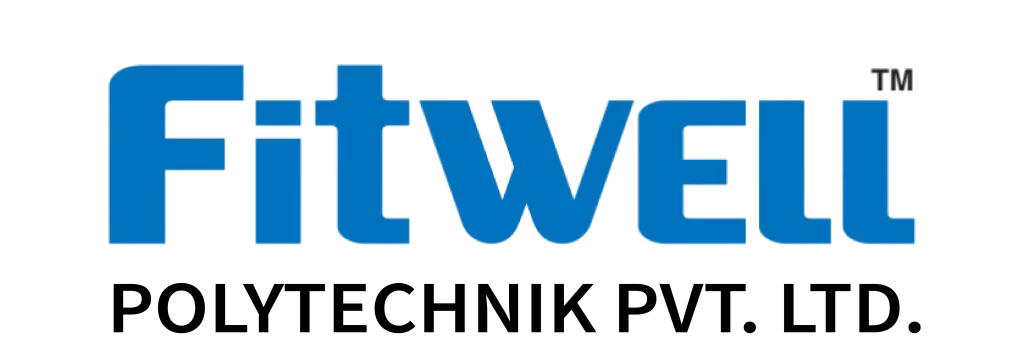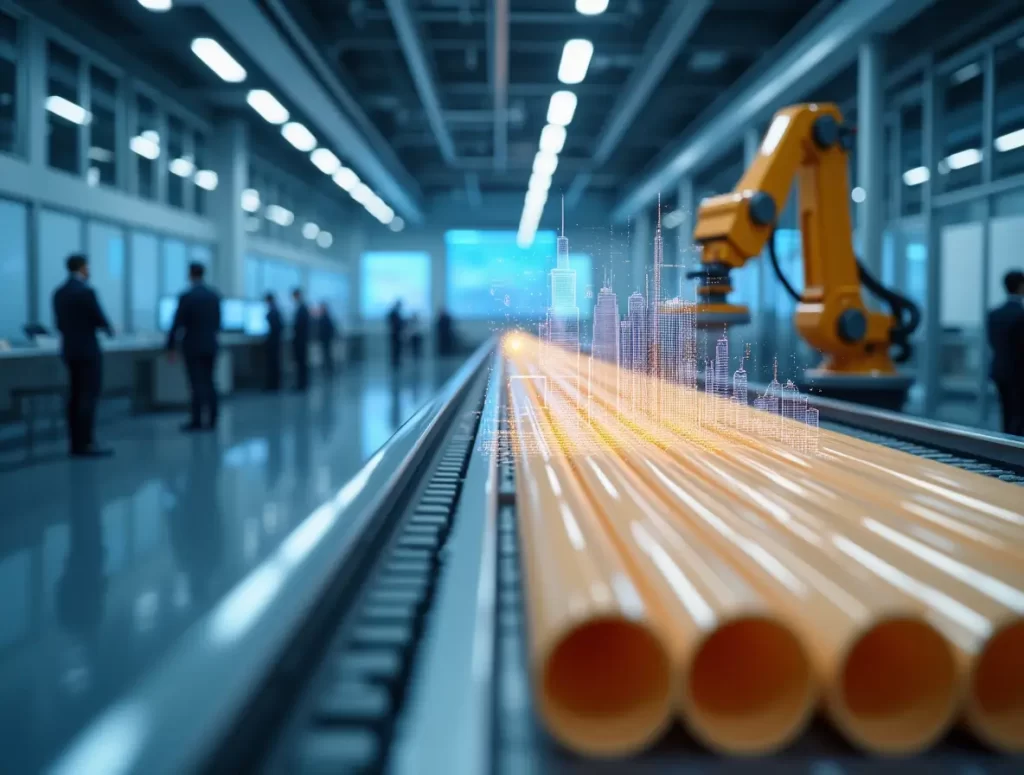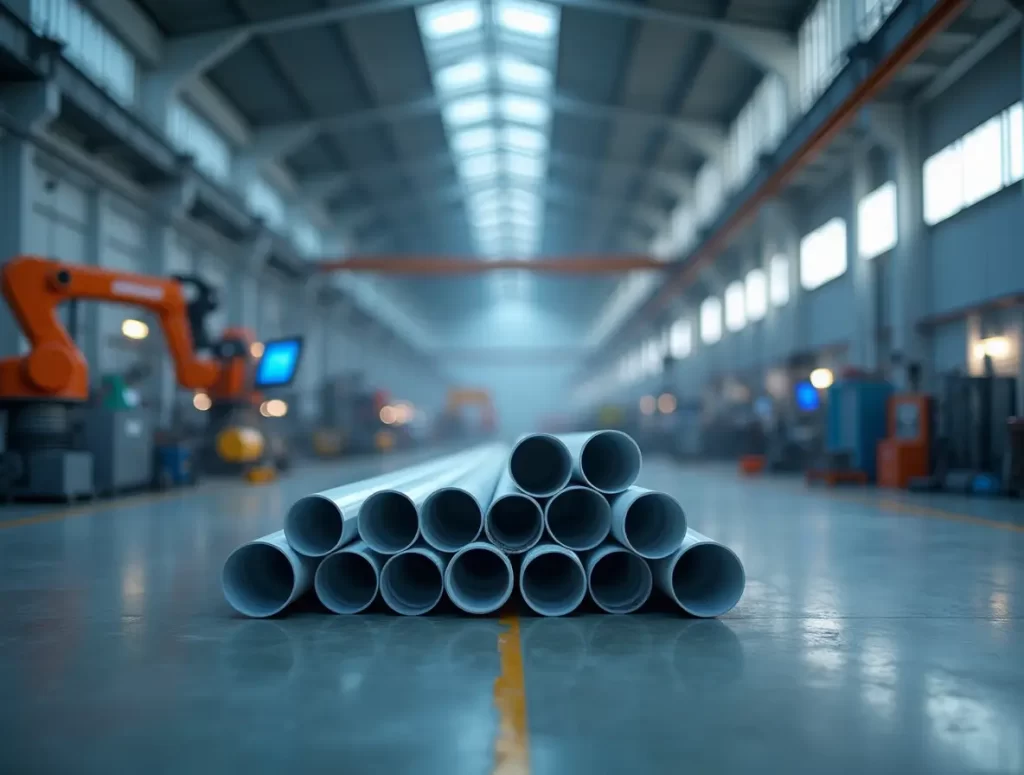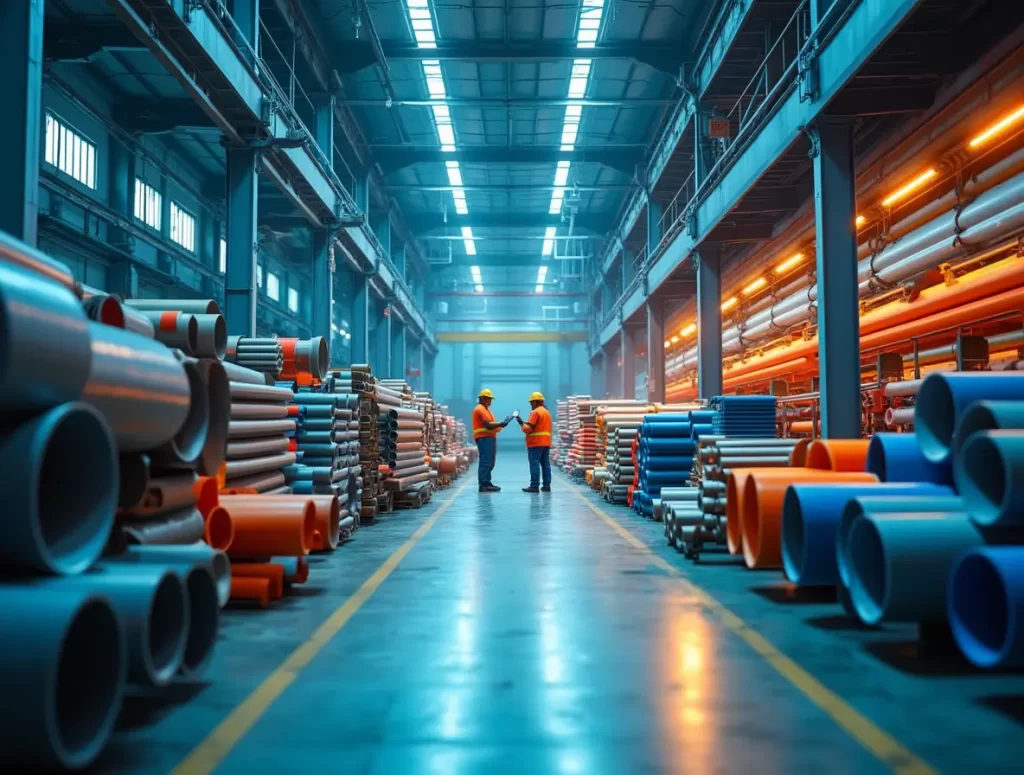Introduction: Understanding the World of uPVC Pipes
uPVC pipes, or unplasticized polyvinyl chloride pipes, represent a critical cornerstone of modern plumbing, construction, and industrial systems. These pipes are renowned for their durability, chemical resistance, and cost-effectiveness, making them a preferred choice across sectors. Unlike traditional metal pipes, uPVC is non-corrosive and lightweight, offering significant advantages in long-term applications.
Key features such as low maintenance, high strength, and eco-friendliness contribute to their popularity. Manufacturers create uPVC pipes in varying diameters and grades to cater to diverse usage requirements. Understanding the nuances, benefits, and limitations of these pipes is fundamental for making informed decisions while sourcing materials. Transitioning into this knowledge ensures clarity and optimal resource utilization in any project.
Key Features uPVC Pipe Suppliers Overlook
While uPVC pipes are widely celebrated for their durability and cost-effectiveness, suppliers often neglect to highlight essential features that determine long-term performance.
- Heat and UV Resistance: Many overlook the importance of proper UV stabilization in ensuring pipes withstand prolonged exposure to sunlight without degradation.
- Pressure Ratings: Suppliers sometimes fail to emphasize the accurate pressure ratings for pipes, crucial for high-demand applications.
- Impact Strength: Details on a pipe’s resilience to sudden impact or bending are often absent in product descriptions.
- Chemical Compatibility: Ignored specifications regarding chemical resistance may lead to corrosion or failure in industrial settings.
Informing buyers about these features ensures a more reliable selection process for their specific needs.
Hidden Concerns About Durability and Longevity
While uPVC pipes are widely praised for their corrosion resistance and affordability, their durability is often overstated. Factors such as exposure to UV rays, extreme temperatures, and improper installation can compromise their structural integrity over time. Unlike metal options, uPVC pipes may not withstand heavy loads or impact stress in certain applications.
Common Issues Not Always Discussed:
- UV degradation: Prolonged sunlight exposure can weaken the pipe’s surface, causing cracking or brittleness.
- Thermal limitations: uPVC pipes are prone to distortion under high temperatures, limiting their use for hot water applications.
- Improper fittings: Faulty installation techniques or mismatched fittings often lead to leaks over time.
Understanding these concerns is crucial in maximizing the service life of uPVC pipes.
Environmental Impact: What’s Not Being Discussed
uPVC pipes are often promoted as a sustainable option due to their long life span and recyclability, but the environmental implications are rarely explored in depth. Manufacturing uPVC involves processes that release harmful chemicals, including dioxins, which can negatively impact human health and ecosystems. Additionally, the disposal of non-recycled uPVC pipes can contribute to plastic pollution as they do not degrade naturally.
Key overlooked aspects include:
- Energy-intensive production: The extraction and processing of raw materials for uPVC consume significant energy resources.
- Toxic additives in composition: Stabilizers and plasticizers used in uPVC may leach into soil and water over time.
- End-of-life challenges: Recycling rates for uPVC remain low, often overshadowed by landfill accumulation.
These points highlight the need for transparent discussions about balancing the durability benefits of uPVC pipes with their broader environmental footprint.
The Truth About Cost and Value Propositions
Understanding the cost factors and value propositions of uPVC pipes is essential for informed decision-making. Many suppliers prioritize cost-efficiency while glossing over the balance between price and long-term value. uPVC pipes, prized for durability and resistance to corrosion, tend to offer better lifetime value compared to alternatives. However, hidden costs such as maintenance, replacement, and installation expenses can offset initial savings. Fitwell Pipe Fitting emphasizes selecting products based on material quality, manufacturing standards, and compatibility with project requirements. Suppliers often overlook these key details, causing buyers to compromise on performance. Evaluating intrinsic value versus upfront costs ensures effective investment.
Installation Challenges Nobody Talks About
While uPVC pipes are celebrated for their durability and ease of use, their installation often poses hidden hurdles that suppliers rarely disclose. For instance, temperature fluctuations can cause expansion or contraction, leading to improper fittings unless accounted for during setup. Installers may also face issues aligning fittings with pipes, particularly in tight spaces where precision tools are necessary. Furthermore, surface preparation often gets overlooked; clean, dry surfaces are required to ensure adhesive bonds effectively, yet installers encounter dirt, moisture, or oil residues that compromise the integrity of connections.
On a larger scale, inadequate planning around pressure requirements can lead to failures. Using pipes that do not meet the water or gas pressure specifications exacerbates wear over time.
Potential Health Risks Associated with uPVC Pipes
uPVC pipes are widely used due to their durability, affordability, and resistance to corrosion. However, certain concerns regarding their potential health risks have emerged over time. These pipes may leach trace amounts of chemicals, particularly Vinyl Chloride Monomer (VCM), under specific conditions such as high temperatures or prolonged exposure to sunlight.
Key considerations include:
- Chemical Migration: Some studies indicate that chemicals in uPVC materials can leach into water, raising concerns about long-term exposure.
- Heat Sensitivity: Excessive heat can degrade the integrity of uPVC, increasing the likelihood of substances entering drinking water.
- Additives and Stabilizers: Potential health concerns may arise from stabilizers used during production, like lead or cadmium, although modern manufacturing has largely shifted to safer alternatives.
These issues underscore the importance of verifying pipe quality and using compliant products for safe usage.
Debunking Warranty and After-Sales Claims
Some uPVC pipe suppliers promote warranties as comprehensive guarantees, but potential buyers should scrutinize the fine print. Warranty coverage often excludes damages caused by improper installation, environmental factors, or routine wear and tear. It is critical to ask whether technical support accompanies these warranties or if claims involve long bureaucratic processes.
After-sales promises frequently highlight replacement assurances but may omit actual timelines and costs for replacements. Reliable suppliers ensure transparent communication, accessible post-purchase support, and adherence to maintenance protocols. Buyers should assess a supplier’s track record for resolving such concerns efficiently, as vague promises may hide substandard customer service or quality issues.
Fitwell’s Transparent Approach: What Sets Them Apart
Fitwell Pipe Fitting operates with a commitment to transparency, an uncommon trait in the uPVC pipe industry. Unlike many suppliers who obscure critical product details, Fitwell ensures upfront clarity regarding material specifications, durability standards, and safety compliance. They prioritize providing detailed insights about their manufacturing processes and quality controls, allowing customers to make informed decisions.
Unique Practices That Define Fitwell:
- Open Communication: They actively share information about certifications, environmental impact, and lifecycle performance.
- Customer-Centric Services: Fitwell engages in tailored consultations to address individual needs, ensuring optimal pipe selection.
- Ethical Operations: They strictly adhere to international guidelines, prioritizing integrity in all transactions.
Through their practices, Fitwell fosters trust and accountability, setting a benchmark within the pipe-fitting industry.
How Fitwell Addresses Common Pain Points in the Industry
Fitwell Pipe Fitting alleviates key concerns in the uPVC pipe industry by prioritizing quality, transparency, and innovation. Addressing durability issues, they implement stringent testing protocols to ensure their products withstand extreme pressures and temperatures. To tackle supply chain delays, Fitwell boasts an efficient logistics system that delivers timely orders to clients worldwide. Additionally, their competitive pricing eliminates the typical cost overruns seen with other suppliers.
For installation challenges, Fitwell simplifies fittings by designing user-friendly products that enhance ease of application. They also uphold eco-friendly manufacturing practices, ensuring reduced environmental impact. Their customer-centric approach provides consistent support, resolving client queries swiftly and effectively.
Customer Testimonials: Real Stories of Satisfaction
Customers repeatedly highlight the unparalleled reliability of Fitwell Pipe Fitting’s uPVC products. One client praised the durability of their pipes during an industrial project, emphasizing their performance amidst harsh conditions. Another noted the prompt delivery service and knowledgeable support team, which resolved technical queries efficiently. Testimonials mention smooth pipe fittings preventing leaks, ensuring seamless installations.
A commercial contractor shared their satisfaction with the longevity of the materials, reducing long-term maintenance costs. Residential users lauded the eco-friendly design, citing it as a key factor in sustainable building practices. Each story reinforces the trustworthiness of Fitwell’s solutions, delivering excellent value across varied applications.
Conclusion: Why Fitwell Deserves Your Trust
Fitwell Pipe Fitting stands apart as a supplier that values transparency, quality, and precision in an industry often clouded by obscure practices. By prioritizing rigorous product standards, Fitwell ensures longer durability and better performance in uPVC pipes, offering solutions that cater to diverse needs. Their focus on customer satisfaction is evident in their proactive communication about product specifications, installation techniques, and maintenance requirements, ensuring consumers are fully informed. Unlike many competitors, Fitwell emphasizes ethical manufacturing and sustainable practices, creating trust and reliability. Their dedication to innovation and quality positions Fitwell as a dependable partner in the pipe-fitting industry.
